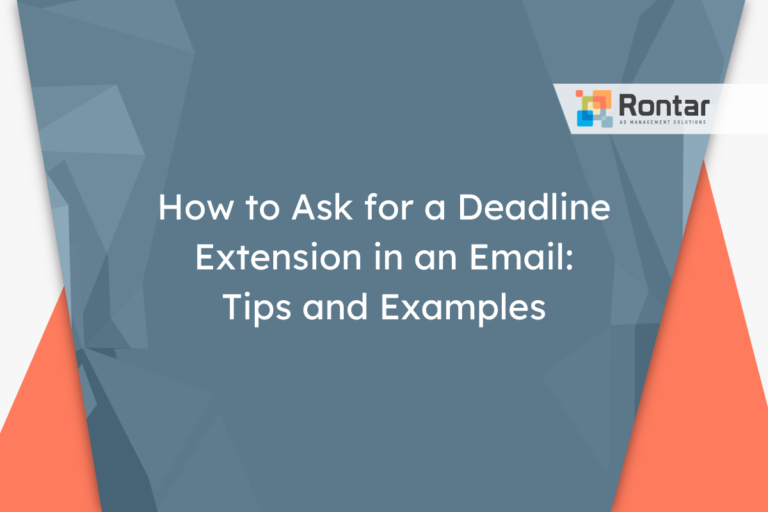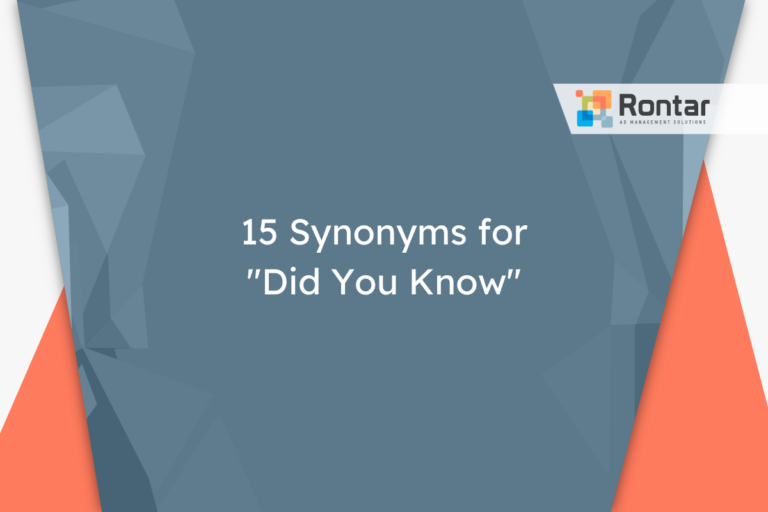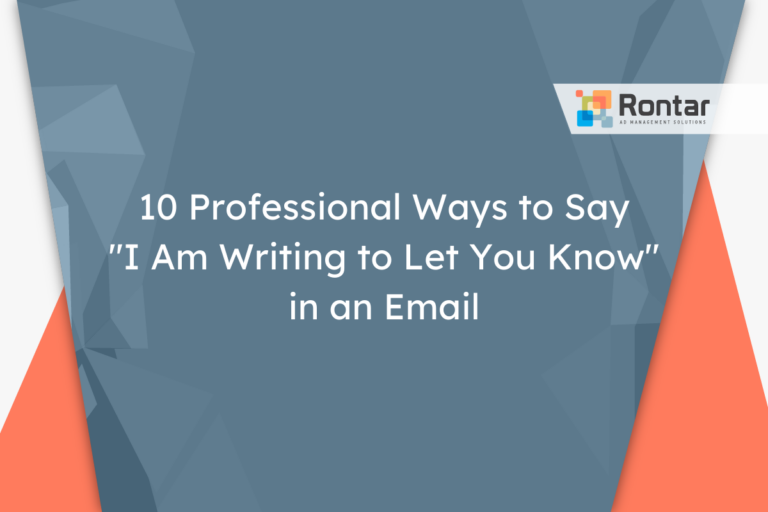12 Other Ways to Say “Let Me Know if I Can Be of Further Assistance”

The phrase “Let me know if I can be of further assistance” is a common way to offer help, but it can become repetitive.
This article introduces twelve alternative phrases to keep your messages fresh and engaging. Each option is broken down by formality, ideal situation, and includes an email example for practical application.
Is It Professional to Say “Let Me Know if I Can Be of Further Assistance”?
Yes, it is professional to say “Let me know if I can be of further assistance.” This phrase is both formal and polite, making it suitable for many professional settings. It shows that you are willing to help more if needed.
This phrase is perfect when you are talking to clients, colleagues, or even people you don’t know well. It works well in emails, letters, and even in verbal communication. You can use it in any situation where you want to offer more help.
Here’s how you might use it in an email:
Dear Mrs. Thompson, Thank you for your inquiry about our accounting services. I’ve attached the detailed brochure for your review. Let me know if I can be of further assistance. Best Regards, Emily Roberts
Even though this phrase is common and useful, let’s weigh its pros and cons.
Pros:
- Shows willingness to help further.
- Leaves a positive impression of customer service.
- Keeps communication lines open for future queries.
Cons:
- Can be seen as too formal in casual or familiar settings.
- Overused, potentially making it seem insincere.
Sometimes, you might want to use an alternative phrase. This could be because you’re looking for a way to stand out or because you think the original phrase doesn’t fit the tone you’re trying to set. Synonyms or different expressions can also offer a fresh way to convey the same message without sounding repetitive.
12 Other Ways to Say “Let Me Know if I Can Be of Further Assistance”
Finding the right words to offer help can keep conversations friendly and professional. Here are twelve alternatives to the classic phrase to freshen up your messages:
- Please let me know if you need anything else
- Let me know if there’s anything else I can do
- Let me know if you need further support
- Is there anything else I can do?
- Feel free to reach out for more help
- Don’t hesitate to ask for additional help
- Let me know if there’s more I can do
- Let me know if you have more questions
- I’m here if you need more support
- Happy to assist further if needed
- Available for more assistance if required
- Should you require anything further, please don’t hesitate to ask
1. Please let me know if you need anything else
This alternative is slightly more casual than the original but remains polite and professional. It adds a touch of warmth, making it great for emails where you want to seem approachable and helpful.
This phrase works well with colleagues or clients you have an ongoing relationship with. It’s best used in emails or messages where you’ve just delivered information or completed a task and want to offer additional assistance without being overly formal.
Example:
Dear Mr. Adams, I've updated the project timeline as requested. Please let me know if you need anything else. Best, Lauren
2. Let me know if there’s anything else I can do
This one is very similar to the original phrase, maintaining a formal and polite tone. It’s a versatile option that can be used in most professional settings.
It’s suitable for both initial emails to new clients and follow-up messages to existing contacts. Because it’s so similar to the original, it works well in any medium—emails, letters, or even in verbal communication during meetings.
Email example:
Hi Sarah, Glad it helped. Let me know if there's anything else I can do to help. Regards, Tom
3. Let me know if you need further support
This version leans slightly more towards the formal side and emphasizes support, making it particularly appropriate for service situations.
Use this when you want to underscore your ongoing support to a client or team member. It’s especially fitting in communications related to technical support, customer service, or any scenario where you are providing ongoing assistance.
Example:
Hello Jane, I hope the solutions provided resolve your issue. Let me know if you need further support. Warmly, Mike
4. Is there anything else I can do?
This option is a bit more informal and conversational, making it perfect for communications where you want to seem friendly and highly approachable.
While still polite, it’s best used in less formal emails or messages, particularly with colleagues or clients you know well. It’s also suitable for instant messaging platforms within teams or for quick check-ins.
Example:
Hey Lisa, Glad it helped. Is there anything else I can do? Cheers, Jake
5. Feel free to reach out for more help
This phrase is inviting and friendly, leaning towards informal while still being professional. It suggests a willingness to help without imposing.
It’s best for situations where you’ve already established a rapport with the person. Ideal for follow-up emails or messages where the aim is to ensure the recipient feels comfortable asking for more help if needed.
Email example:
Hello Darren, I've sent over the files you asked for. Feel free to reach out for more help. Take care, Natalie
6. Don’t hesitate to ask for additional help
This version comes across as very polite and reassuring, making it excellent for when you want to make absolutely sure the recipient feels comfortable seeking more assistance.
This phrase is perfect in situations where a client or colleague might be hesitant to ask for more help. It is suited for both emails and verbal communication, especially in customer service or when dealing with sensitive matters.
Email sample:
Hello Frank, I have updated your subscription details as requested. Don't hesitate to ask for additional help if there's anything else you need. Best wishes, Emma
7. Let me know if there’s more I can do
This alternative is relaxed but still professional, creating a sense of openness and eagerness to do more. It has a slightly more personal touch.
It’s a good pick for ongoing projects, where you’ve already established a working relationship and you want to ensure they know you’re there to support them further. It’s great for emails and direct messages, particularly after delivering a part of a project or service.
Example:
Hello Benjamin, Just checking in to confirm I've completed the first stage of the analysis. Let me know if there's more I can do. Regards, Sophia
8. Let me know if you have more questions
This phrase focuses on answering questions, which makes it more specific but still very polite and professional. It’s great when you want to clarify details or offer further explanations.
Use it when you’ve provided someone with a lot of information and want to make sure they understand everything. This works especially well in emails, after explaining a process, giving instructions, or sharing resources.
Example:
Hello Jonah, I've attached the guide to navigating the new software update. Let me know if you have more questions. All the best, Grace
9. I’m here if you need more support
This one is a bit informal but incredibly supportive and polite. It suggests a level of personal commitment and readiness to assist.
It’s perfect for workplace environments where there is a supportive culture, or with clients you’ve built a strong rapport with. This phrase is especially meaningful in emails or messages following up on a request for help or resolving an issue.
Example:
Hi Claudia, I've made the updates to your account as discussed. I'm here if you need more support. Thanks, Liam
10. Happy to assist further if needed
This alternative exudes friendliness and a positive attitude, being both informal and professional. It’s excellent for creating a warm and helpful atmosphere.
It’s well-suited for service-related communications, follow-up emails, or when you’re closing a conversation but want to emphasize your willingness to continue supporting the recipient. This fits well in emails and conversational messages alike.
Example:
Hello Marco, The issue you reported should now be resolved. Happy to assist further if needed. Warm regards, Danielle
11. Available for more assistance if required
This one is formal and straight to the point, making it excellent for professional environments where you want to maintain a certain level of formality.
This is the phrase to use in reports, formal emails, or when communicating with higher-ups and new clients. It conveys readiness to help without presuming further assistance will indeed be needed.
Example:
Dear Dr. Harris, I have submitted the project proposal for your review. Available for more assistance if required. Sincerely, Eleanor
12. Should you require anything further, please don’t hesitate to ask
This phrase is both extremely formal and very polite, conveying a high level of respect and deference towards the recipient.
It’s ideal for formal letters, emails to superiors or esteemed clients, and situations where maintaining a high degree of professionalism is essential. This expression is best utilized towards the end of a document or email where you have already offered a substantial amount of information or assistance.
Example:
Dear Professor Thompson, Enclosed, please find the completed report on biodiversity loss. Should you require anything further, please don't hesitate to ask. Respectfully, Olivia
Final Thoughts
Choosing the right way to offer more help makes a big difference in how your message is received. The twelve alternatives we’ve explored provide a range of tones, from formal to informal, to match various situations and relationships. By using these synonyms and adjusting your approach, you can keep your communications considerate and effective.






